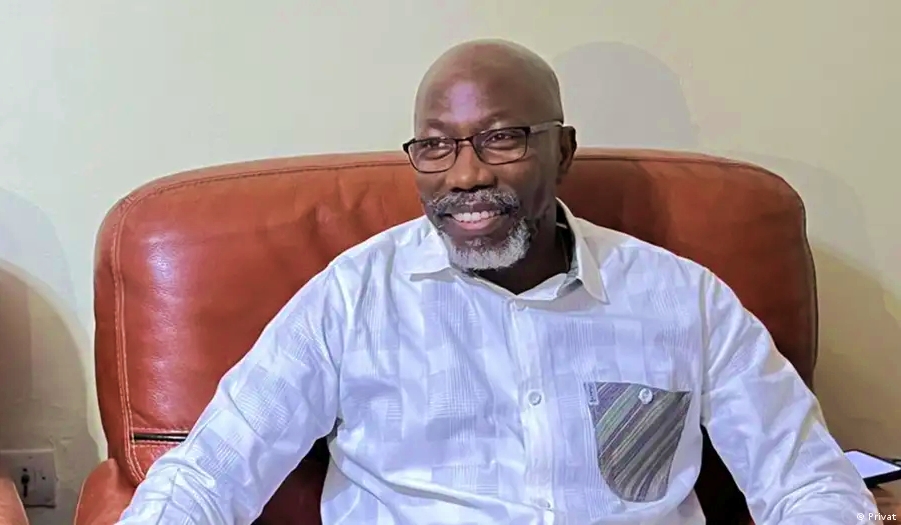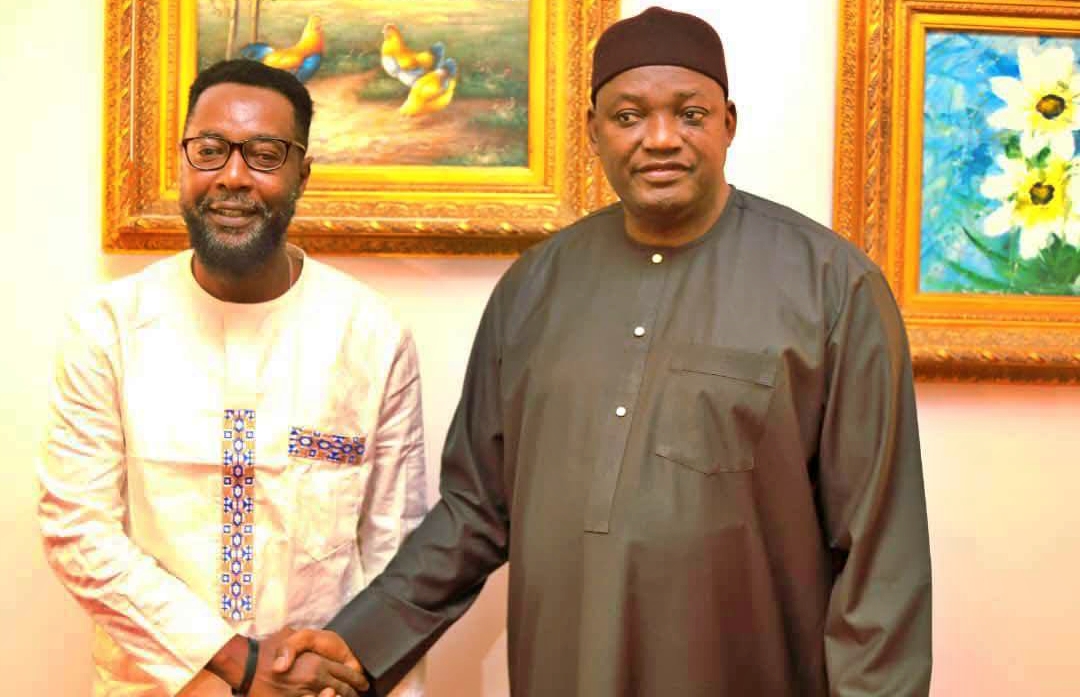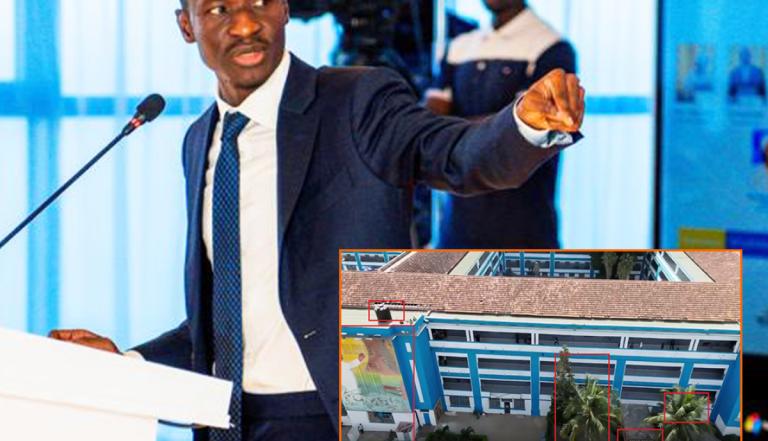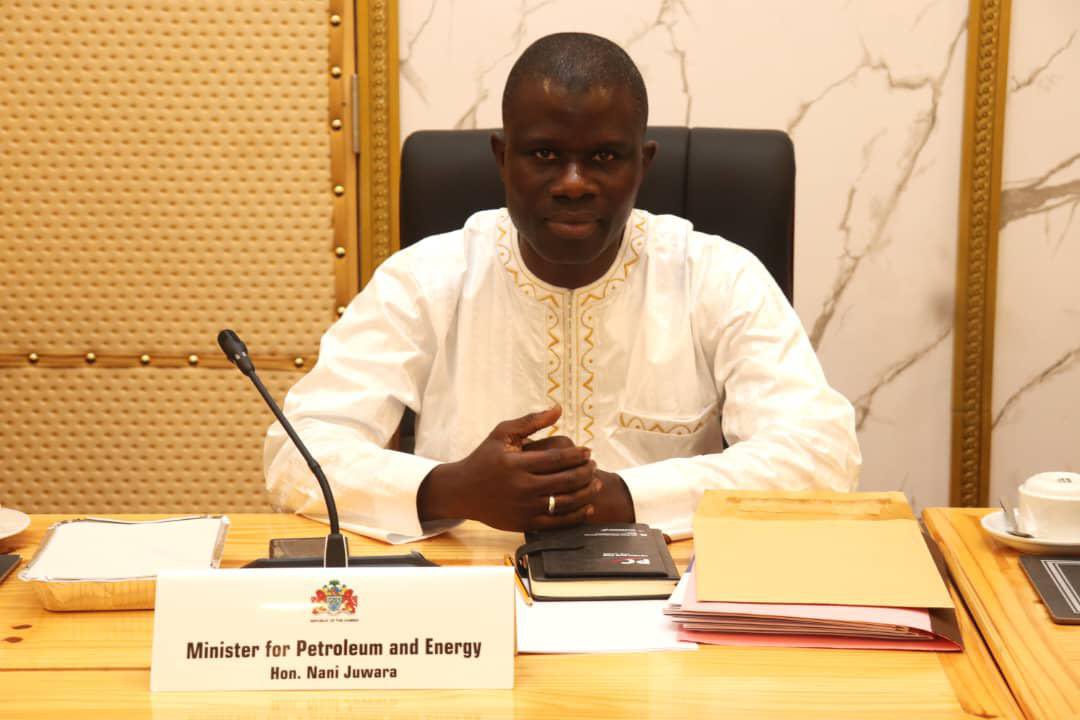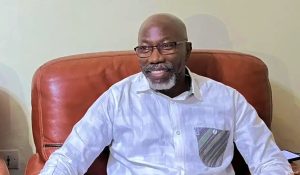Gambiaj.com – (BANJUL, The Gambia) – Minister of Petroleum and Energy, Hon. Nani Juwara, addressed the National Assembly on Wednesday, providing a comprehensive update on The Gambia’s oil drilling activities and legislative efforts to attract further investment in the sector. His remarks were in response to a query from Hon. Yahya Sanyang, National Assembly member for LatriKunda Sabiji, regarding the current status of oil exploration following the completion of 3D seismic and airborne surveys.
Minister Juwara emphasized that seismic acquisition is a critical step in identifying potential oil reserves. “Before any well is drilled today, the proponent has to acquire seismic data. The objective of this undertaking is to help reduce the risk by studying and identifying potential areas where oil may be found,” Juwara explained, highlighting that seismic surveys provide invaluable data to minimize the chances of drilling in unproductive areas.
History of Oil Exploration in The Gambia
According to the minister, five wells have been drilled in The Gambia to date. The first two onshore wells, Brikama 1 and Serekunda 1, were drilled by BP in 1960 and 1961. Offshore exploration began in 1979, when Chevron drilled the Jammeh 1 well. After a long hiatus, offshore drilling resumed in 2018 when FAR drilled the Samo 1 well, followed by the Bambo 1 well in 2020.
Minister Juwara pointed out that between 1960 and 2018, only one offshore well had been drilled in The Gambia. “However, from 2018 to date, two offshore exploration wells have been drilled,” he noted, reflecting a renewed interest in the country’s offshore potential over the past five years.
This surge in offshore exploration coincides with regional discoveries, particularly in neighboring Senegal, where significant oil and gas fields have been found, notably the Grand Tortue Ahmeyim (GTA) gas field that straddles the maritime border between The Gambia and Senegal. The GTA project, a joint venture between BP and Kosmos Energy, is expected to position Senegal as a key player in West Africa’s energy landscape, raising hopes for potential spillover benefits in The Gambia.
Attracting Investment and Legislative Reforms
In his briefing, Minister Juwara emphasized the importance of improving the investment climate to attract more international oil companies (IOCs). He revealed that Block A4, one of eight offshore exploration blocks, is currently operated by Petronor, a Norwegian-based independent oil and gas company. However, the government is seeking to expand its exploration activities by promoting additional acreages to prospective investors.
Juwara outlined the government’s ongoing review of laws governing the petroleum sector to remove inconsistencies and gaps. This is crucial as The Gambia seeks to make its legal framework more attractive for investment while maintaining transparency and good governance. “We are currently working on a Petroleum Exploration, Development, and Production Bill that reflects current industry best practices and is free of inconsistencies with other laws,” Juwara told the Assembly.
He further mentioned that the ministry is drafting additional legislation to bolster the upstream petroleum sub-sector, calling on the National Assembly to support the swift passage of these critical legal instruments.
A Strategic Sector for Gambia’s Future
Oil exploration in The Gambia has the potential to transform the country’s economy. Currently, The Gambia is heavily reliant on imported fuel, with the energy sector facing significant challenges, including supply disruptions and fluctuating global oil prices. If commercially viable oil reserves are discovered, the country could significantly reduce its dependency on foreign energy sources and generate new revenue streams.
However, exploration efforts remain speculative at this stage, and Minister Juwara tempered expectations, reminding lawmakers that oil discoveries are not guaranteed. He emphasized the government’s commitment to ensuring that any potential oil development would adhere to international environmental and regulatory standards. This is particularly important as oil and gas exploration often raises environmental concerns, especially in offshore areas.
Minister Juwara also highlighted that the government is actively engaging with key stakeholders to ensure transparency and accountability in the sector. This is in line with The Gambia’s membership in the Extractive Industries Transparency Initiative (EITI), which promotes good governance of oil, gas, and mineral resources.
In closing, Minister Juwara reassured Parliament that his ministry will continue to provide timely updates and maintain engagement with oil companies and other stakeholders as The Gambia progresses with its exploration activities.
Outlook for The Gambia’s Energy Sector
With global interest in West Africa’s oil and gas potential growing, The Gambia could find itself on the cusp of a major energy breakthrough. Regional discoveries, particularly in Senegal and Mauritania, have bolstered confidence in the region’s hydrocarbon prospects, though challenges remain, including infrastructure development and regulatory clarity.
As The Gambia continues to explore its offshore blocks, the government’s efforts to create a stable and attractive investment environment will be critical in securing future deals with IOCs. Meanwhile, the country’s legislative reforms aim to ensure that The Gambia remains competitive in the global oil and gas industry while safeguarding its environmental and economic interests.



